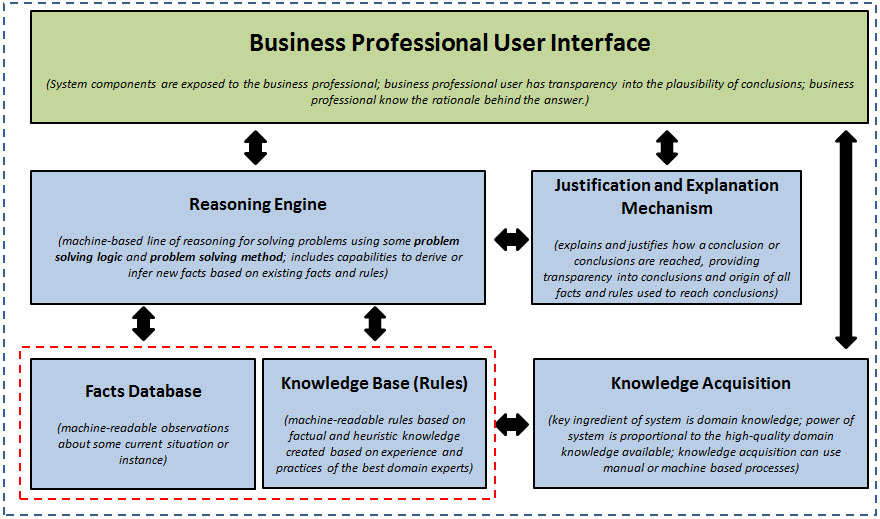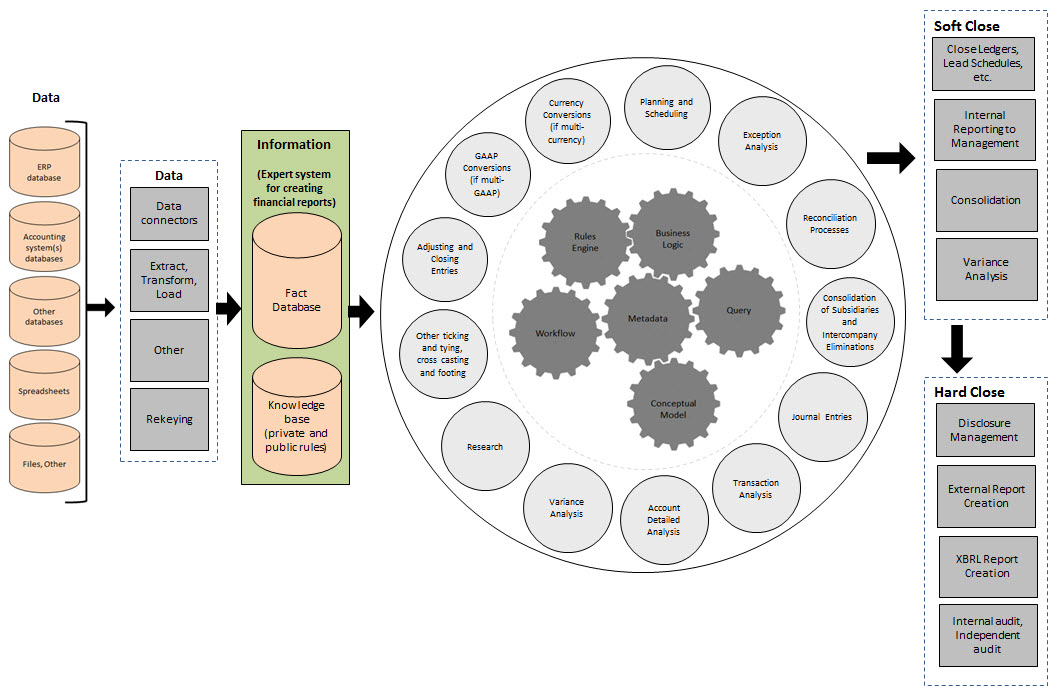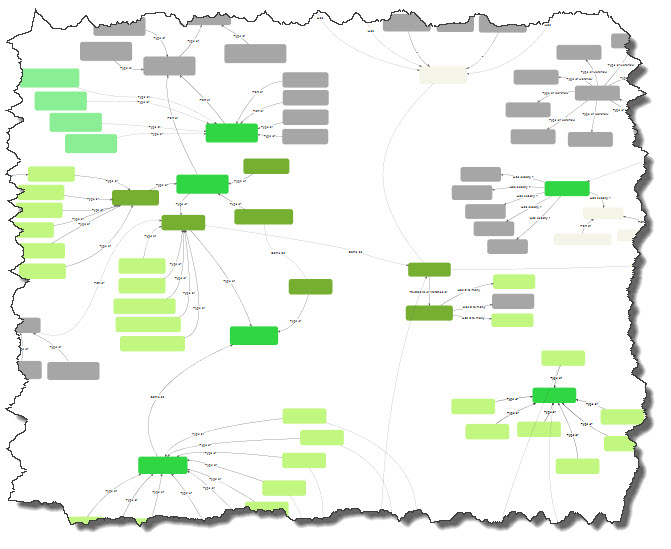HOME
This resource is all about accounting, reporting, auditing, and analysis in a digital environment. If you are a professional accountant, your first step is to read the document Computer Empathy. We are going through a paradigm shift. Trying to understand this change using old maps simply will not work. Another useful document to read is Getting Ready for the Digital Age of Accounting, Reporting and Auditing: a Guide for Professional Accountants.
There are three primary technology changes that will impact accounting, reporting, auditing, and analysis. Those technologies are:
- Knowledge-based systems and other application of artificial intelligence (i.e. more powerful software functionality)
- XBRL-based structured information such as digital financial reports (i.e. more information is accessible to the more powerful software)
- Mutual digital distributed ledgers (i.e. it is easier to share structured information with external parties within a supply chain)
Not really a technology change, but another thing that will be impacting accounting, reporting, auditing, and analysis is Lean Six Sigma.
Lean Six Sigma is a discipline that combines the problem solving methodologies and quality enhancement techniques of Six Sigma with the process improvement tools and efficiency concepts of Lean. Born in the manufacturing sector, Lean Six Sigma works to produce products and services in a way that meets consumer demand without creating wasted time, money and resources.
Specifically, Lean is 'the purposeful elimination of wasteful activities'. It focuses on making process throughout your organization faster, which effects production over a period of time. Six Sigma works to develop a process that is nearly flawless in terms of defects, while improving quality and removing as much variation as possible.
Excessive automation is a mistake. Automation works best when it is incrementally applied to a process that is already working smoothly.


